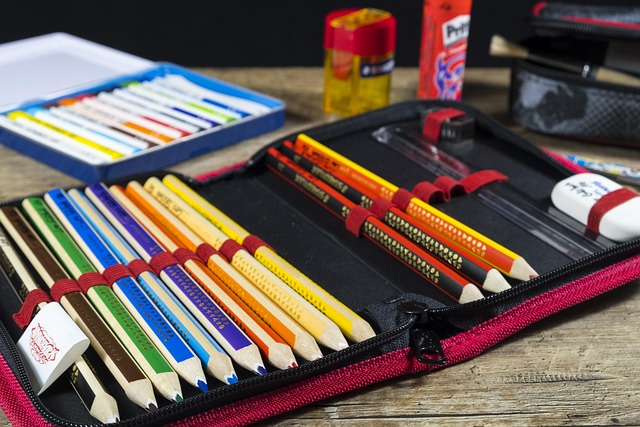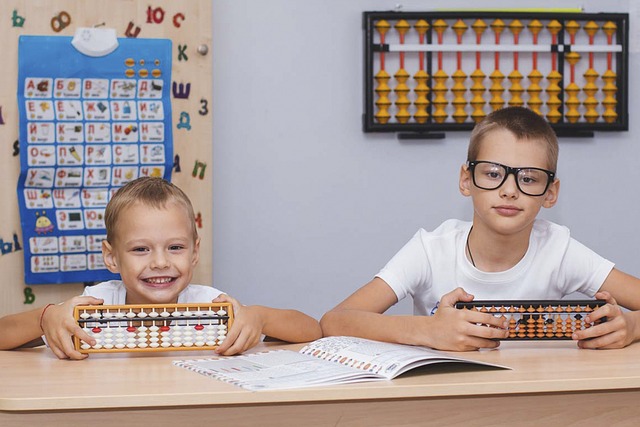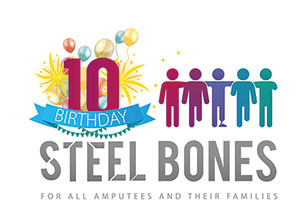School & Education FAQ’S

What if other students stare or ask questions —how should I respond?
It’s completely normal for others to be curious, especially if they’ve never met someone with a limb difference before. How you respond is entirely up to you—some people choose to educate; others prefer to keep it brief. Your teachers can help by setting respectful expectations in the classroom, and you can even lead an awareness session (with support) if you’re comfortable. Remember: your story is your own, and you choose how much to share.
If you find people are upsetting you when they’re asking questions, please speak to a trusted adult about it. It may be that some children don’t know how best to ask things and don’t mean to upset you, others may go too far and become unkind. That is unacceptable and must be addressed quickly and efficiently. Don’t keep it to yourself if this happens, talk to your trusted adult as soon as possible about it.
What happens during fire drills or emergencies—how will I safely evacuate?
Your school will have a fire safety plan in place to make sure everyone gets out safely in the event of a fire. Some people in the school may require extra support to evacuate. If required, they will have a risk assessment written to make sure everything is in place, if something were to happen.
Talk to the leadership team or the SENCO in your school to make sure you have a risk assessment written and everything is in place for you.
Can I wear or take off my prosthetic during the school day?
Absolutely! You must do whatever works best for you to feel most comfortable at school. If you think you will need to take your prosthetic off during the day, discuss with your school the possibility of having a designated safe space to store it, such as a school locker or a teacher’s office. You can also use this safe space for any additional aids you need, such as a walking stick, crutches, or a wheelchair.
Can I wear different shoes or clothing to help with my prosthetic?
That is something to discuss with the school, but they are able to make reasonable adjustments to their policies for you, so you feel safe and comfortable during the school day.
Can I talk to someone at school if I feel anxious or upset?
Absolutely! There will be designated staff you can talk to at school, or you could ask to speak to a trusted adult outside of the Pastoral Care team. Please keep talking and expressing how you are feeling, on good and bad days! It’s the best way to let everyone know the kind of support you need. If you do find it difficult to open up face to face, perhaps ask if there is an email address you can use to talk to staff, or have a notebook with your trusted adult to write messages to each other.
How can teachers and classmates be educated about my condition?
You can talk to them yourself about your story and give practical tips specialised to you if you feel comfortable doing that. You could have family members or close friends who already know about being an amputee with you for support.
Steel Bones also offers school workshops and assemblies if you’d like us to come in and do a talk on your behalf.
Will my school be able to accommodate my mobility needs (eg. ramps, elevators, accessible toilets)?
Yes—schools have a legal duty under the Equality Act 2010 to make reasonable adjustments so that all students, including amputees, can access education. This may include installing ramps, providing access to lifts, allocating classrooms on the ground floor, or making sure accessible toilets are available. If your school is not already adapted, they should work with you and your family to make changes that support your independence and dignity.
If you feel you need a bit more time to get between classes, speak to the adults in school. This may be a reasonable adjustment they can make for you.
Will I be allowed to take part in PE or sports?
Absolutely. PE should be inclusive, and teachers are encouraged to adapt activities so everyone can join in safely and confidently. Some students may also take part in adapted sports like wheelchair basketball, seated volleyball, or swimming. If something isn’t right for you, that’s okay—schools should offer alternatives and never exclude you from physical activity without discussing options first.
Will I have a teaching assistant or someone to help me with daily tasks?
If you need support—whether it’s with mobility, using a prosthetic, or managing fatigue—the school can apply for additional help through an Education, Health and Care Plan (EHCP) or a similar support plan. This might include a teaching assistant, access arrangements, or medical support. Every case is different, and a conversation with the school’s SENCO (Special Educational Needs Coordinator) is a good place to start.
What can I do if I feel isolated or different from others?
Feeling different is okay—and reaching out is a strength. Talk to a trusted teacher, support staff, or family member if you’re struggling. Many schools have a pastoral team, student mentors, or counsellors who can help. You can also connect with charities like Steel Bones, which run support groups and youth activities where you can meet others with similar experiences. You’re not alone—and your difference is part of what makes you powerful.

Will the school understand how to support me if my prosthetic causes pain or discomfort?
They may not begin with, and that’s ok. Keeping communication between you and the school is key. It’s important for them to know how you’re feeling physically and mentally, so they can support you through school. Keep talking to your trusted adults in school, even on good days, let them know what’s happening!
Telephone
03333 606930
Address
Isleham Business Park, Hall Barn Road, Isleham
Cambs CB7 5QZ
hello@steelbone.co.uk
Register here to receive your
FREE Support Pack
If you need some urgent help or support,
please ring the team on 03333 606930
